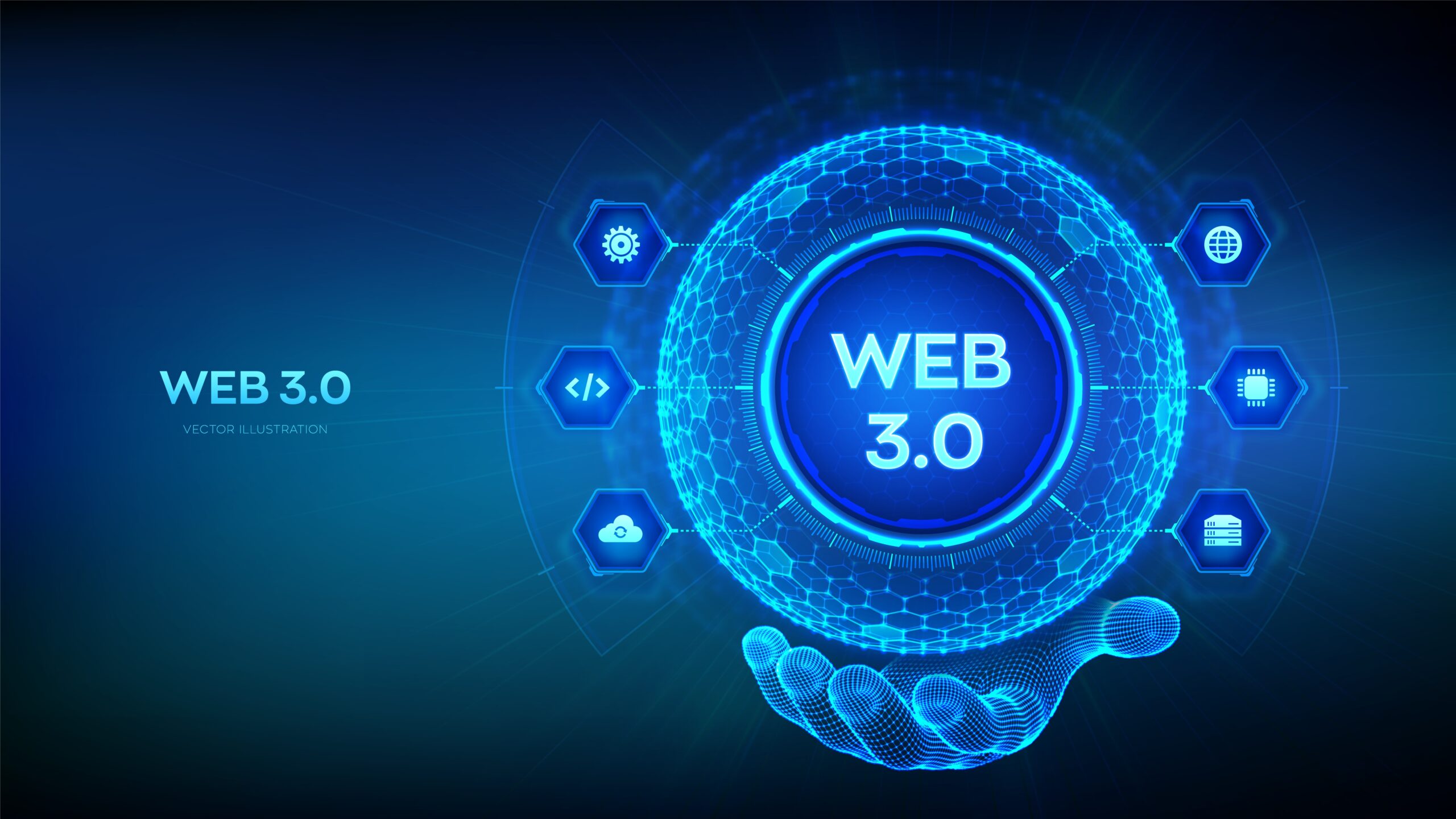The U.S. House of Representatives recently passed the "Digital Asset Market Clarity Act of 2025" (referred to as the "Clarity Act"), which provides an initial definition and regulatory pathway for the legality of NFT assets within games. This highly anticipated bill has now been submitted to the Senate for review, and if passed, it will completely transform the landscape of the Web3 gaming industry and could inject new momentum into the multi-billion dollar game token market. As of the time of writing, the prediction market Polymarket shows that the probability of it passing the Senate is as high as 87%.
For a long time, NFT game developers have faced a legal gray area, especially in distinguishing in-game assets from securities or digital goods, leading to a lack of clear guidance and causing many major game manufacturers to hesitate in deploying NFTs. To avoid regulatory risks, many developers have even prematurely issued "meme tokens" that lack practical use, leading to severe market speculation and uneven project quality.

The recently passed "Clarity Act" aims to separate NFT assets in games from the "digital goods" definition and clarify whether they constitute securities, based on the specific attributes of the assets. This provision is expected to provide more stable legal expectations for gaming companies, especially AAA developers, allowing them to issue NFTized assets such as skins, equipment, and props without fear of retrospective law enforcement in the future.
Robbie Fergusson, co-founder of the blockchain gaming platform Immutable, stated that the advancement of this bill is an institutional victory for the NFT gaming industry. Since 2017, Immutable has been committed to promoting transparency in digital asset regulation. Fergusson emphasized that clear regulation will help the gaming community truly achieve ownership of assets and create conditions for developers to attract players.
If ultimately passed by the Senate and signed into effect by the President, the "Clarity Act" will become the clearest NFT gaming regulatory framework in the U.S. to date, not only providing greater certainty for developers and investors but also potentially breaking down the barriers between traditional and Web3 games, ushering in a new era of compliant and innovative NFT gaming.









